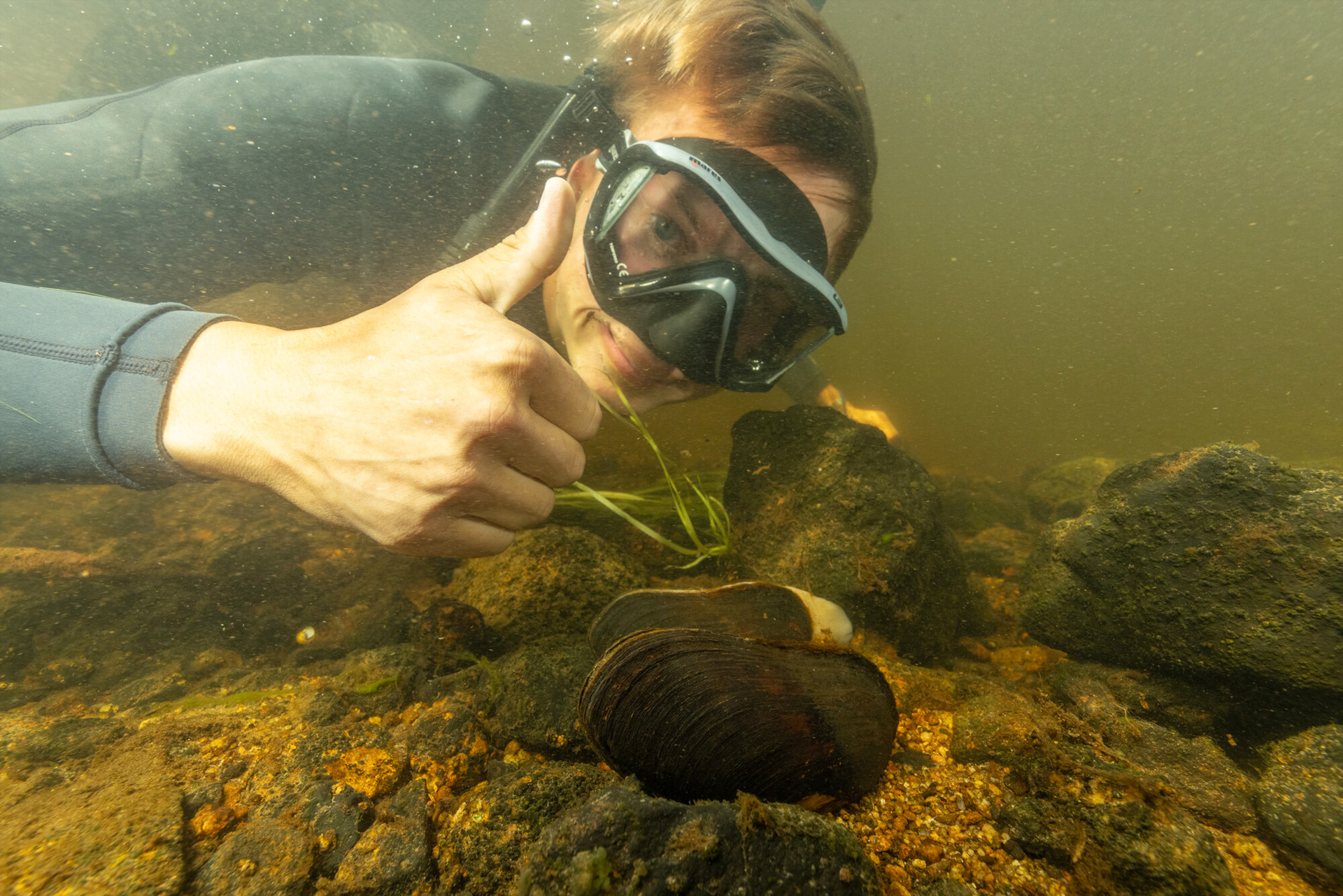European Rewilding Network:
increasingly connected
Established in 2013, the European Rewilding Network (ERN) is a tool of Rewilding Europe to bring together Europe’s action-focused and field-based rewilding initiatives. For a variety of reasons, many of these initiatives can benefit from being linked with each other and being part of such a wider network across Europe.
The aim of the European Rewilding Network is to support the mainstreaming of rewilding as a conservation approach in Europe and to raise the profile of European rewilding initiatives and their work across the continent.
Through this network, Rewilding Europe facilitates these initiatives to connect and enhance our collective capacity by providing a platform for the exchange of ideas, learning and have constructive dialogue on practical rewilding. The aim is to increase the visibility of each of the individual members and the adoption of joint rewilding principles and practices.









